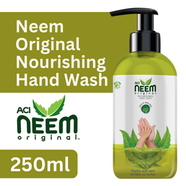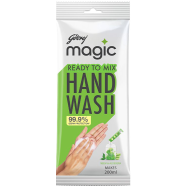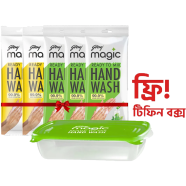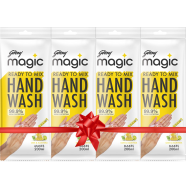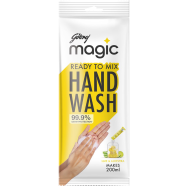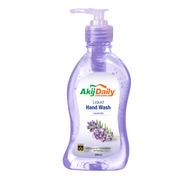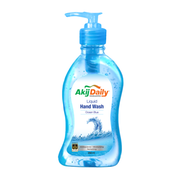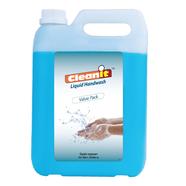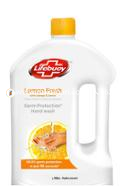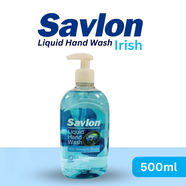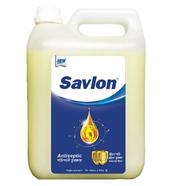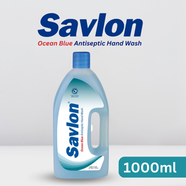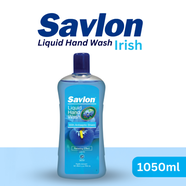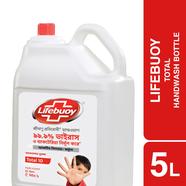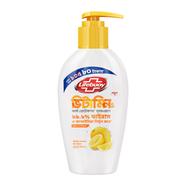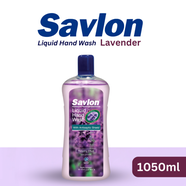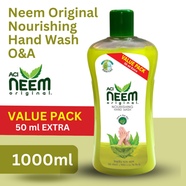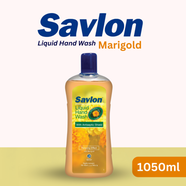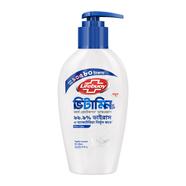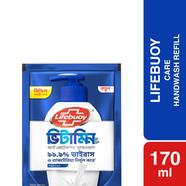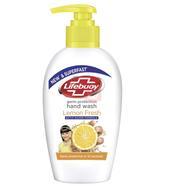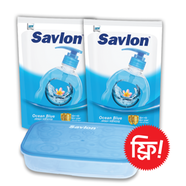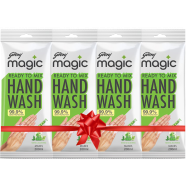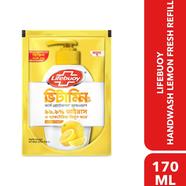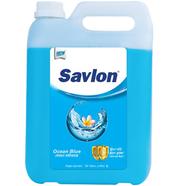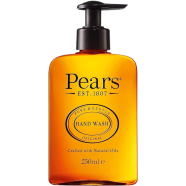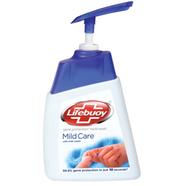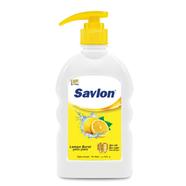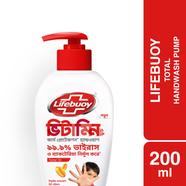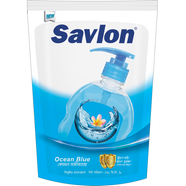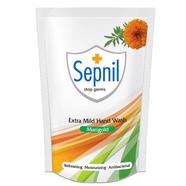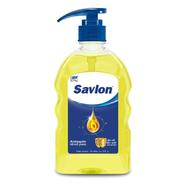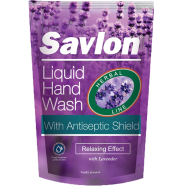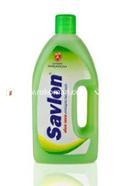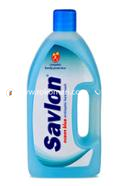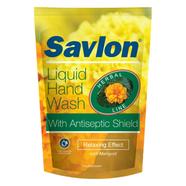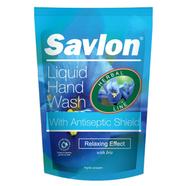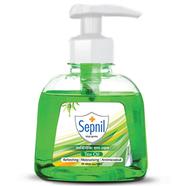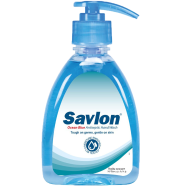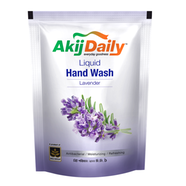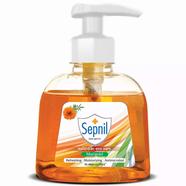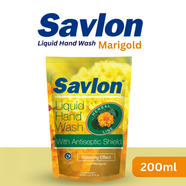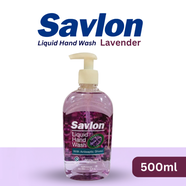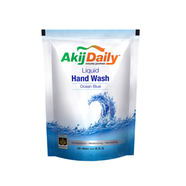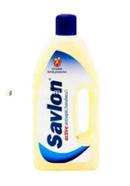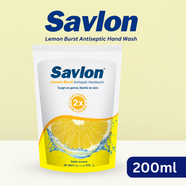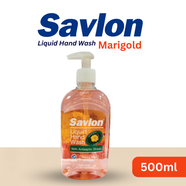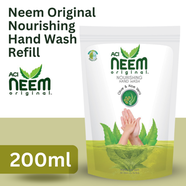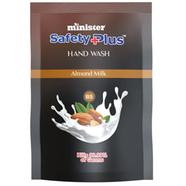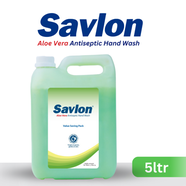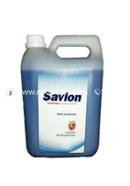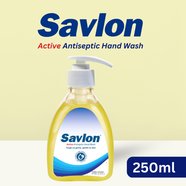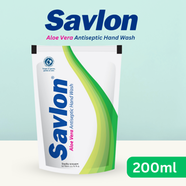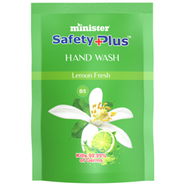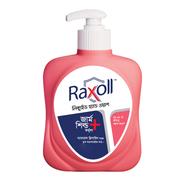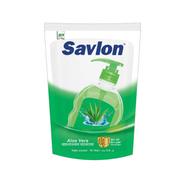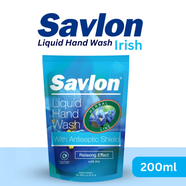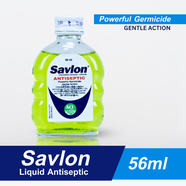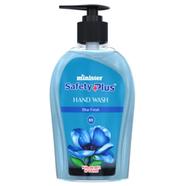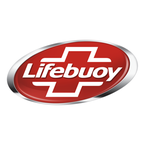
Lifebuoy
Lifebuoy was introduced by Lever Brothers in 1895 in the United Kingdom. Originally a carbolic soap containing phenol, different varieties were later introduced without the medicinal carbolic smell, such as the coral-coloured Lifebuoy during the late 1950s and Lifebuoy Minty Refresher in 1966.[2] Lifebuoy was one of the most popular soaps in the United States from approximately 1923 to the mid-‘50s,[3] when perfumed soaps took over the market. It was the best selling medicated/health soap in North America until roughly 1951. It was well known for its red and yellow packaging, red color and octagonal shape, as well as its carbolic aroma. Sometime in 1951 or 1952, due to declining sales, Lever Bros. experimented with adding perfumes to the soap, and made the changes permanent in 1954. Earlier experiments in 1936, 1938, 1939 and 1940 also added an artificial scent to the soap, but generally lasted only one batch. Sales, however, continued to decline until 2006, when Lifebuoy was officially completely pulled from the American market. Lifebuoy's popularity reached its peak between 1932 and 1948. After World War Two, when more materials were available and rationing was over, other soaps began to take hold of the market. Its popularity waned steadily through the 1950s. In the mid/late 1960s it saw a popularity surge which would last through 1973. This was, in part, caused by the introduction and success of Lifebuoy White in the American market. After this decline, the Lifebuoy brand was seen less and less in the American market. It was pulled from American shelves starting in 2003 and was completely phased out of the American market by 2006. Sometime in 2008 or 2009, Unilever released Lifebuoy Classic, a modern soap with retro packaging and a medicated scent intended to be similar to that of the 1950s product, as a tie-in novelty product sold through the official A Christmas Story website.[citation needed] Although Lifebuoy is no longer produced in the US and UK, it is still being mass-produced by Unilever in Cyprus for the UK, EU (on hold and under investigation) and Brazilian markets, in Trinidad and Tobago for the Caribbean market, and in India for the Asian market. Unilever in Cyprus and Trinidad and Tobago is manufacturing the Red Lifebuoy Soap with a carbolic fragrance, but as of 1976 it no longer contains phenol.[citation needed] The Lifebuoy soap manufactured in India and Indonesia for other markets including South and South East Asia has been updated to use red and other colours with ‘modern’ aromas.
![]()





 Hello, Sign in
Hello, Sign in 
 Cart
Cart 
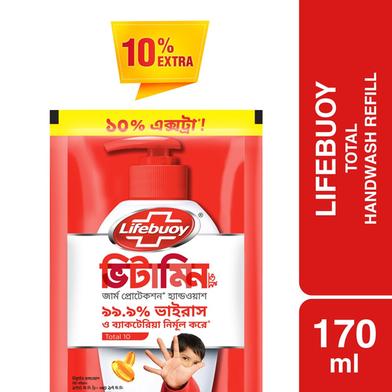





.svg)

